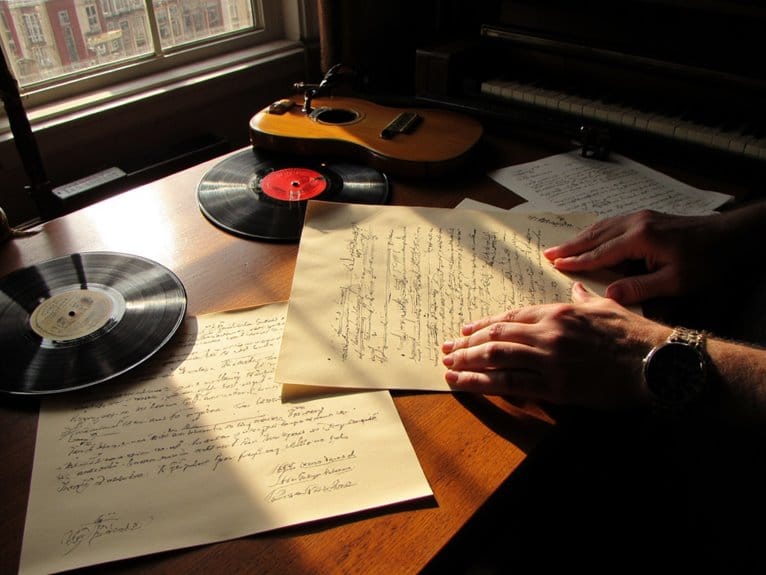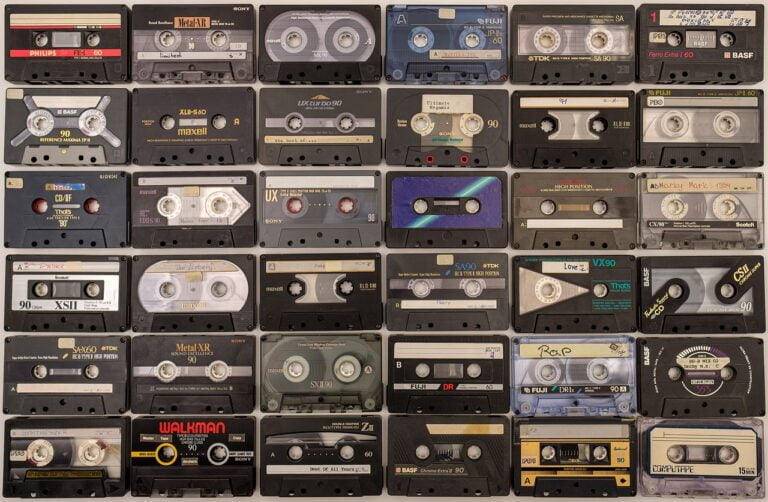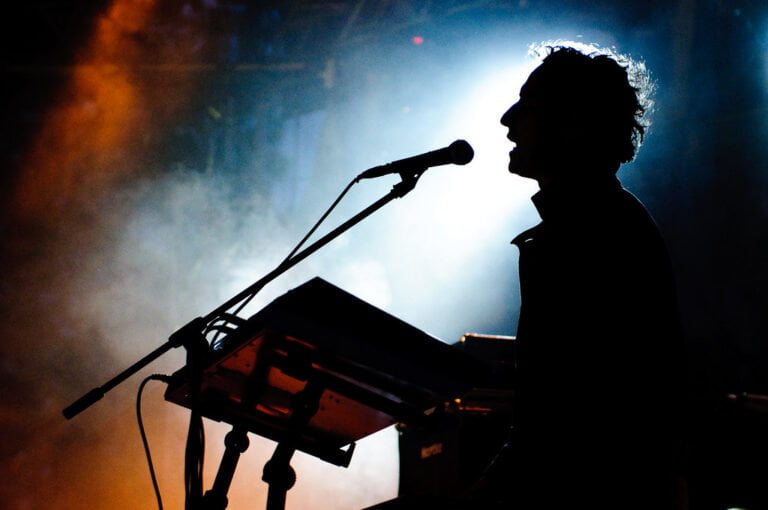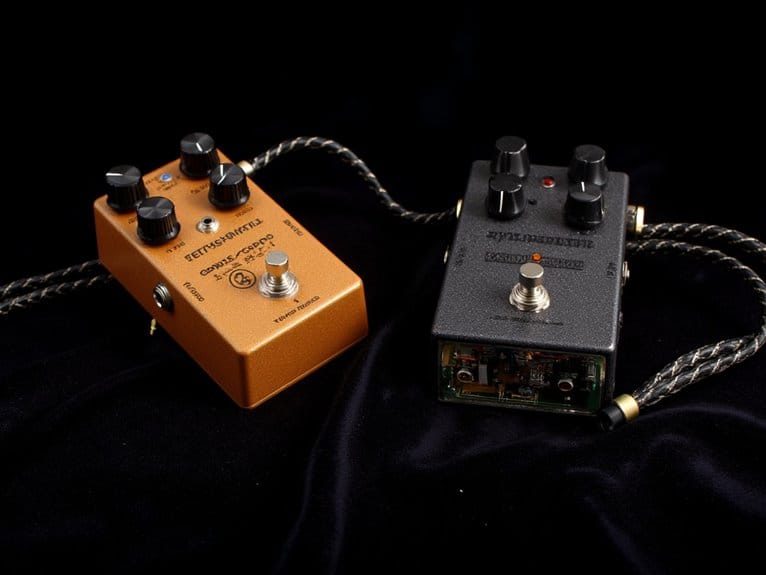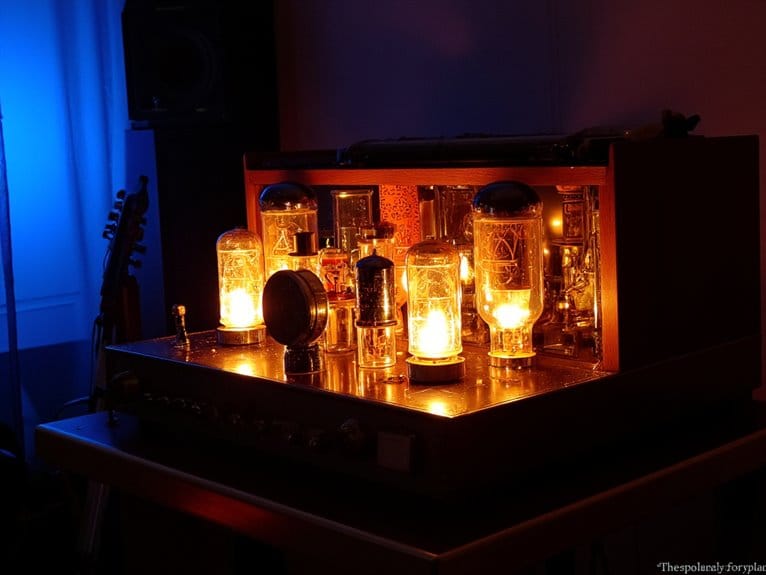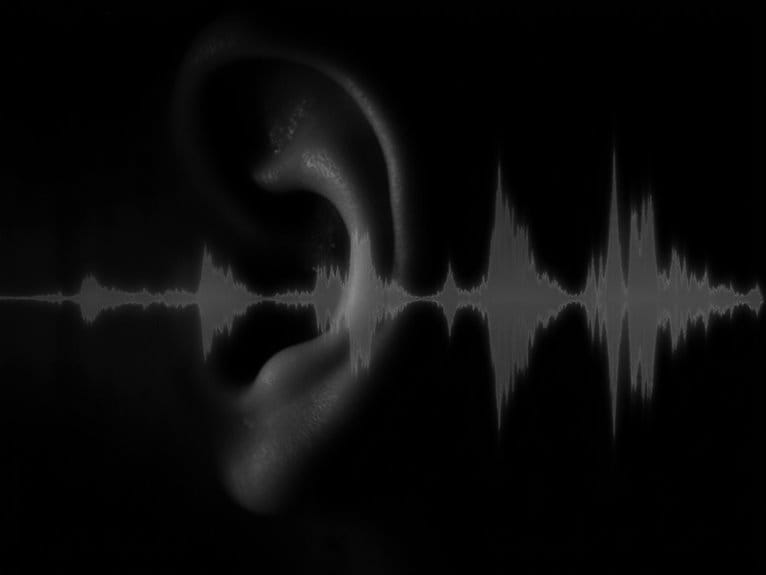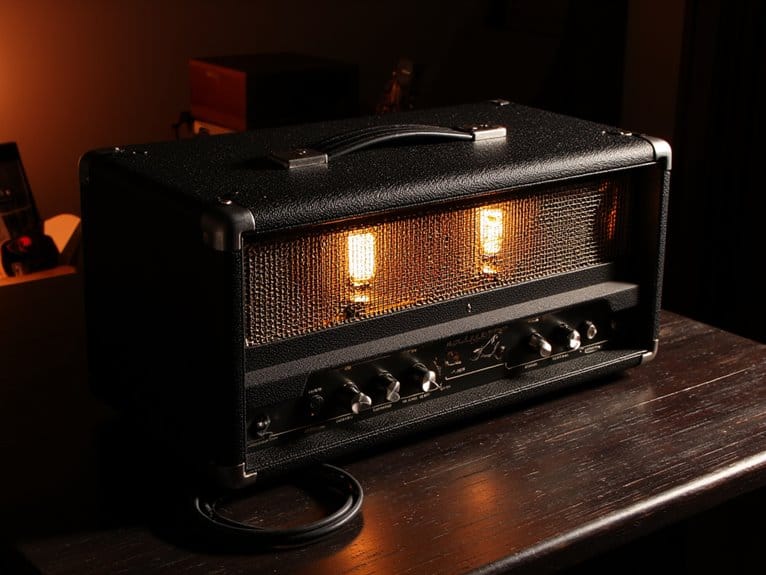Music Copyright and Intellectual Property: What Every Musician Needs to Know
Your music generates two distinct copyrights—composition rights covering melody and lyrics, plus sound recording rights for your specific performance—each creating separate revenue streams through mechanical royalties, performance fees, and sync licensing. The 2018 Music Modernization Act streamlined digital licensing through the Mechanical Licensing Collective, while AI litigation highlights growing threats to intellectual property worth up to $150,000 per unauthorized use. Understanding these protections becomes essential as the global copyright market approaches $130 billion, and proper documentation guarantees you’ll capture every opportunity ahead.
We are supported by our audience. When you purchase through links on our site, we may earn an affiliate commission, at no extra cost for you. Learn more.
Notable Insights
- Every song has two automatic copyrights: composition (melody/lyrics) and sound recording (specific performance), each lasting 70 years after owner’s death.
- Musicians earn revenue through mechanical royalties from streaming, performance royalties from radio, synchronization fees from media, and master use royalties.
- The 2018 Music Modernization Act streamlined digital licensing through the Mechanical Licensing Collective, eliminating individual platform licensing agreements for artists.
- AI firms face lawsuits for unauthorized use of copyrighted music, with potential damages reaching $150,000 per song for infringement violations.
- The global copyright music market will grow from $50 billion in 2025 to $130 billion by 2033, making IP protection crucial.
Understanding Your Rights: Compositions, Sound Recordings, and Revenue Streams
Most musicians I’ve worked with over the years don’t realize they’re actually dealing with two completely separate copyrights every time they create and record a song, which honestly isn’t surprising given how the music industry tends to blur these distinctions in everyday conversation.
Your composition copyright covers the melody, lyrics, and arrangement you’ve created, while your sound recording copyright protects that specific recorded performance. Copyright protection is automatic upon creation without requiring formal registration.
Two distinct copyrights protect every song you create—one for the composition itself, another for your specific recorded performance.
Understanding composition ownership becomes essential when collaborating, since you’ll need split sheets documenting each contributor’s share.
The revenue distribution differs markedly between these copyrights too—your composition generates mechanical royalties from streaming and sales, performance royalties from radio play, and synchronization fees from TV placements, while your sound recording earns master use royalties and direct sales income. Platforms like Soundcharts can help track your streaming figures across multiple services to better understand your revenue performance.
When the Music Modernization Act passed in 2018, I’ll admit I thought it might be another bureaucratic band-aid on an already complex system, but after watching its implementation unfold over the past few years, it’s clear this legislation fundamentally reshaped how digital licensing works for independent artists.
The MMA created the Mechanical Licensing Collective, which streamlines digital licenses through a blanket system that covers streaming platforms like Spotify and Apple Music. The act also established a public mechanical licensing database that helps ensure accurate song identification and proper payments to rights holders.
You no longer need to navigate individual licensing agreements with each platform, though you must register with the MLC to claim your mechanical royalties. This bipartisan legislation emerged from Congress with broad support to address longstanding issues in digital music licensing.
For royalty distribution, the act established clearer payment structures for producers, engineers, and legacy artists with pre-1972 recordings, ensuring more transparent compensation across the board.
Protecting Your Work in the Age of AI and Streaming Platforms
As streaming platforms reshape how we consume music and AI technology advances at breakneck speed, protecting your intellectual property has become exponentially more complex than simply registering your songs with the Copyright Office.
Major labels are actively suing AI firms like Udio and Suno for unauthorized use of copyrighted recordings in training datasets, with potential damages reaching $150,000 per song.
While streaming transparency has improved—artists now receive 34.8% of streaming revenue compared to 22.4% in 2016—new AI challenges emerge daily as algorithms generate music using your work without permission.
Copyright enforcement requires proactive monitoring of AI-generated content, implementing blockchain technology for transparent royalty tracking, and advocating for updated legislation that addresses these rapidly evolving technological threats to your creative rights. The global copyright music market’s projected growth from $50 billion in 2025 to $130 billion by 2033 reflects the increasing economic importance of protecting these intellectual property assets.
Understanding the two primary categories of music copyright is essential: master copyright held by artists and labels, and composition copyright held by songwriters and publishers, both lasting 70 years past the owner’s lifetime.
On a final note
You’ve got the foundation now—understanding your compositions versus sound recordings creates multiple revenue streams, while digital licensing under the Music Modernization Act streamlines royalty collection, and protecting your work against AI-generated content requires proactive registration strategies. I’ll be honest, copyright law isn’t exactly thrilling material, but it’s your financial lifeline in today’s streaming economy. Don’t let ignorance cost you thousands in unclaimed royalties or, worse, stolen intellectual property.

